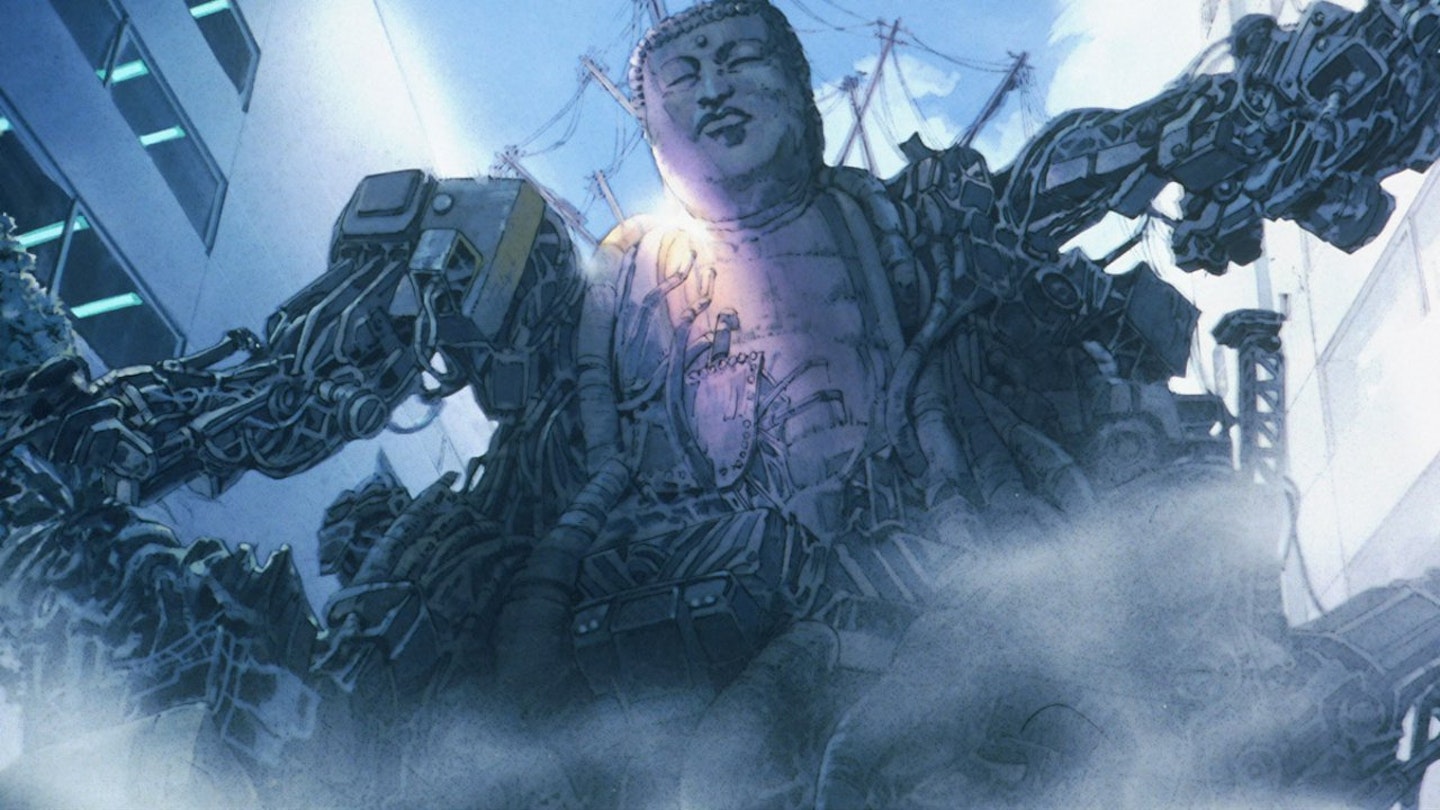Though directed by Kitakubo, this big-screen Japanese cartoon was written and designed by Otomo Katsuhiro, the comic book visionary behind the breakthrough anime, Akira. As a follow-up to that epic it raises expectations not quite fulfilled by far more modest ambitions, though it's a superior example of the species.
Japan has always had a science fiction tradition of city-stomping giant monsters and super-transforming battle robots, and this is a unique take on the genre, informed and complicated by another singularly Japanese obsession, the dignified care of the elderly. In a sunlit near-future Japan, a government research project has developed a fully-automated hospital bed to take care of the elderly with maximum efficiency and minimum compassion. The student nurse heroine protests at the impersonality of the machine. But things get weird when it transpires that the unethical scientists have used a human brain in the computer and given the bed the ability to defend itself by adding on extra bits of machinery.
The plot gets further complicated when we realise that the brain in question is that of the patient's dead wife and the machine takes off across the town, growing to Godzilla size with the help of bits of bulldozer. While the characters are shrill one-note types, the quality of the animation is up there with the genre's best starting quietly enough, but swiftly becoming spectacular as the robot bed meets its military-minded match. That our impression of the all-machine bed as a cruel idea is contradicted halfway through by the idea of dead wives' brains looking after their decrepit husbands adds a strangely touching, if equally disturbing, perspective to the tale.
